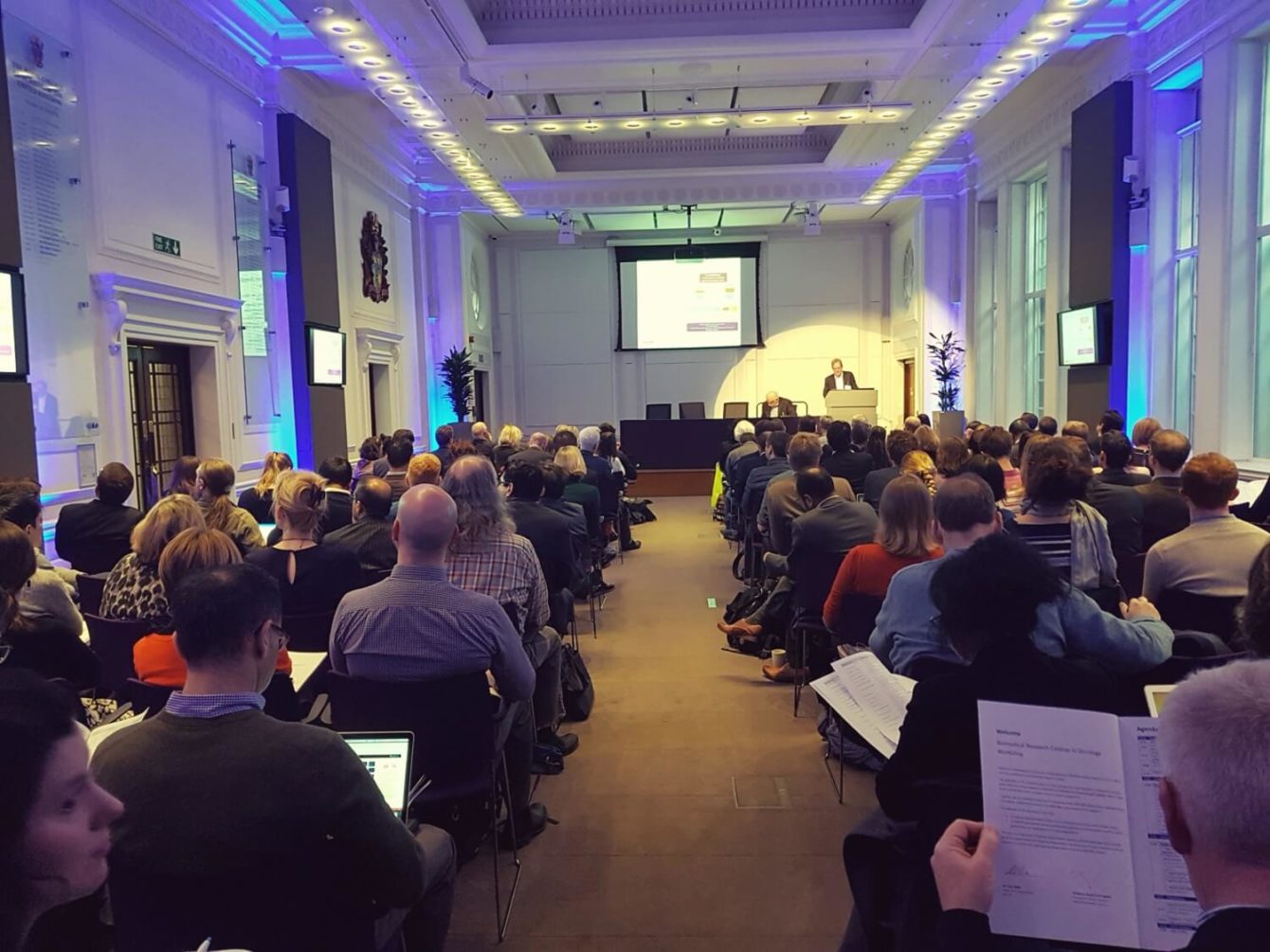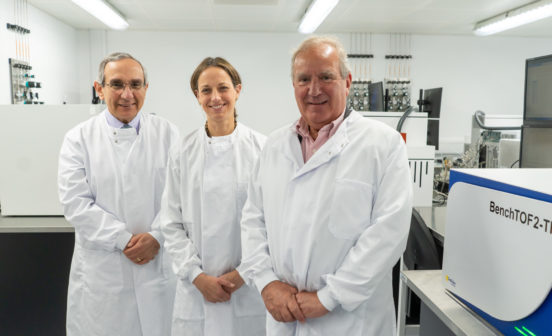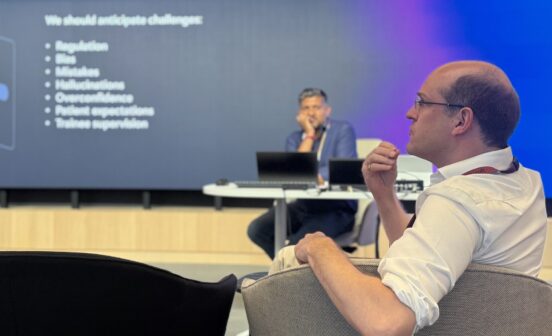EventPartnership First National BRC Oncology Workshop generates new collaborative research ideas

The first pan-BRC oncology workshop was held on 11 March 2019 at the Royal School of Nursing in London, aiming to catalyse collaborative research ideas via the national NIHR BRC infrastructure.
There are 20 NIHR BRCs across England, with 8 of these having dedicated research programmes in cancer within their portfolios. In addition, the Royal Marsden/Institute of Cancer Research (ICR) BRC is solely dedicated to cancer research. Together with the NIHR Office for Clinical Research Infrastructure (NOCRI), the 9 BRCs came together for a highly interactive workshop for researchers with various areas of interest in this broad field.
The format of the workshop was a mixture of plenary talks that gave a generalised overview of select cancer research topics, and breakout sessions with a narrower scope, where researchers could discuss potential areas for collaboration and novel ideas to tackle the disease using national BRC (and ECMC) infrastructure. The workshop was carefully planned to diversify intra-session expertise, using preferences information participants submitted ahead of the event. Overall, the event was targeted at the early-career investigators looking to collaborate, with a number of senior academics and members of the public attending.
The workshop began with a welcome address from Prof Stan Kaye (RMH/ICR BRC), and an overview of NIHR infrastructure by Prof David Cunningham (RMH/ICR BRC), including the NIHR Health Informatics Collaborative, CRFs and ECMCs. Prof Helen Ward, Director of NIHR Imperial BRC’s Patient Experience Research Centre, introduced novel approaches to involving members of the public and patients in shaping research, and how to grow, diversify and strengthen researcher-public collaborations using digital platforms. Two plenary talks were on uses of liquid biopsies in lung cancer (Prof Caroline Dive, Manchester BRC) and immunotherapy overview (Dr Martin Pule, UCLH BRC and Prof James Larkin, RMH/ICR BRC). They were followed by the principal focus of the workshop – breakout sessions, each moderated by a researcher in the respective field, who directed the discussion to generate 1-2 research ideas that could be taken forward by a cross-BRC collaboration.
NIHR Imperial BRC researchers moderated two breakout sessions on the day: Early Diagnosis – by Mr Christopher Peters (with Prof Tony Ng, GSTT/KCL BRC); and Convergence Science – by Prof Daniel Elson and NIHR Imperial BRC Cancer Theme Lead, Prof Iain McNeish. The former session identified a challenge of study cross-validation, where trials in similar fields cannot be integrated to increase the power. The group suggested harmonising approaches in imaging, sample collection and data analysis for early diagnosis, through formation of a national hub, which would ultimately result in better and more powerful interpretation of results. The Convergence Science session focused on how life scientists, engineers, biologists and clinicians can tackle cancer through multidisciplinary research. Two clinical questions the group focussed on were 1. Which drug should a patient be treated with? and 2. Is a patient responding to a specific drug? Several solutions were put forward, with a wearable/implantable device/sensor for response monitoring being the most enthusiastically discussed topic.
All research ideas from the 10 breakout sessions were showcased in the final session of the day, after a keynote talk on the use of AI in lung cancer, delivered by Prof Fergus Gleeson from the Oxford BRC. There were several tangible novel ideas for cross-BRC collaborative research, which were documented and distributed to all participants by NOCRI, alongside suitable funding opportunities to kick-start these projects. The day was concluded with a networking drinks reception.





